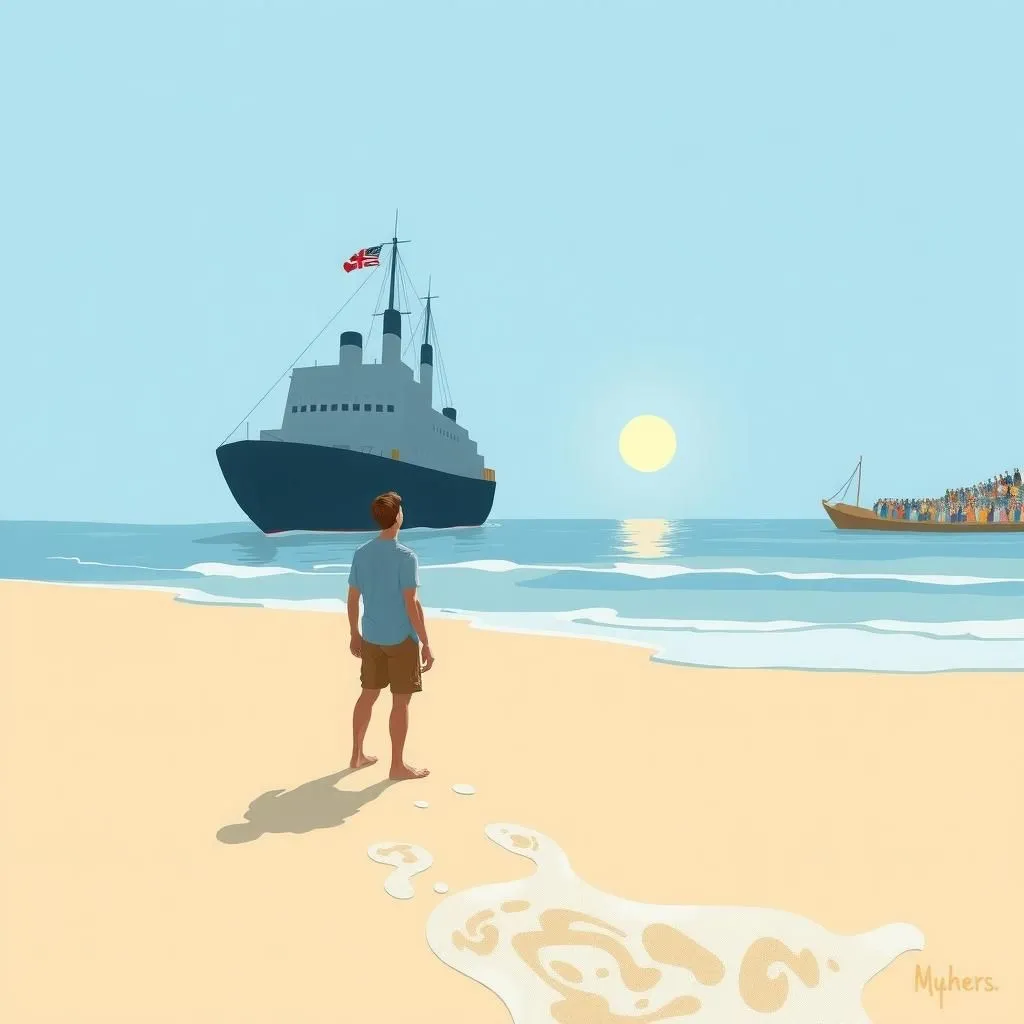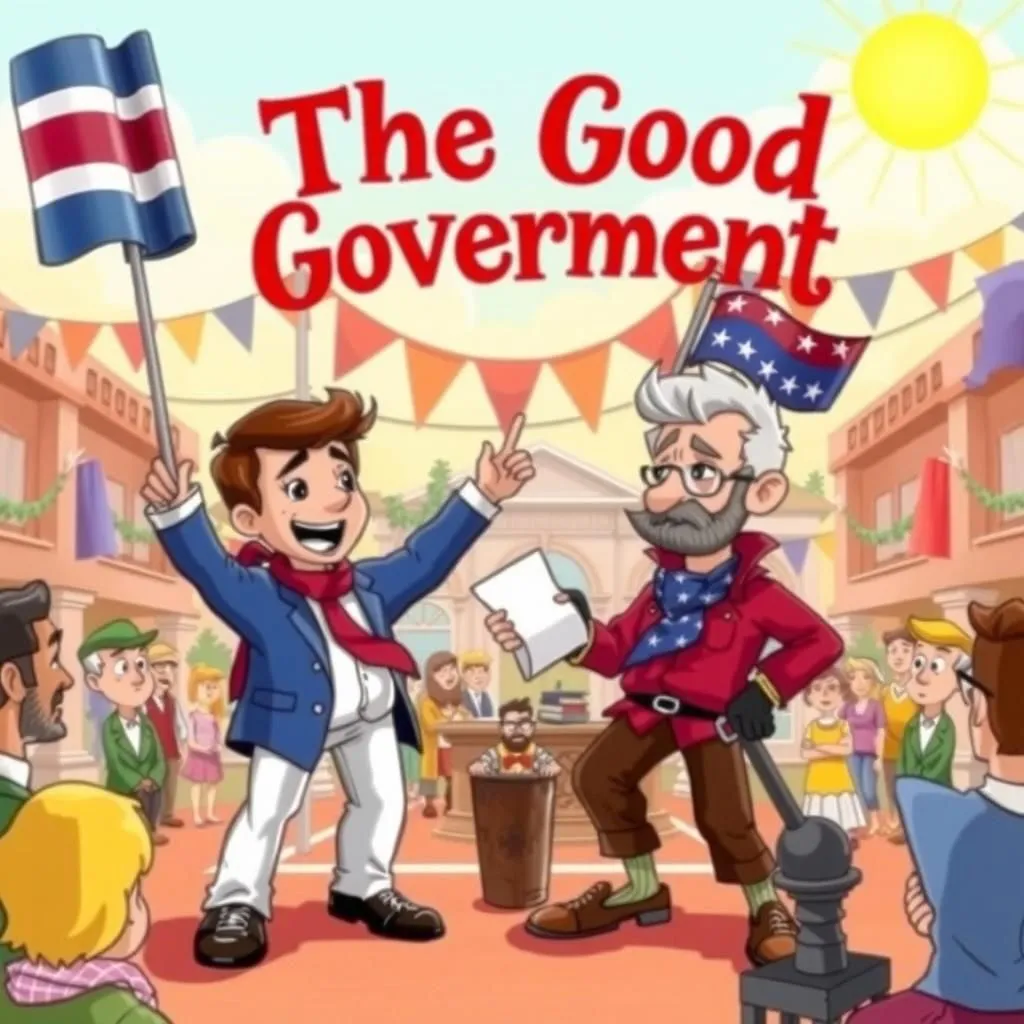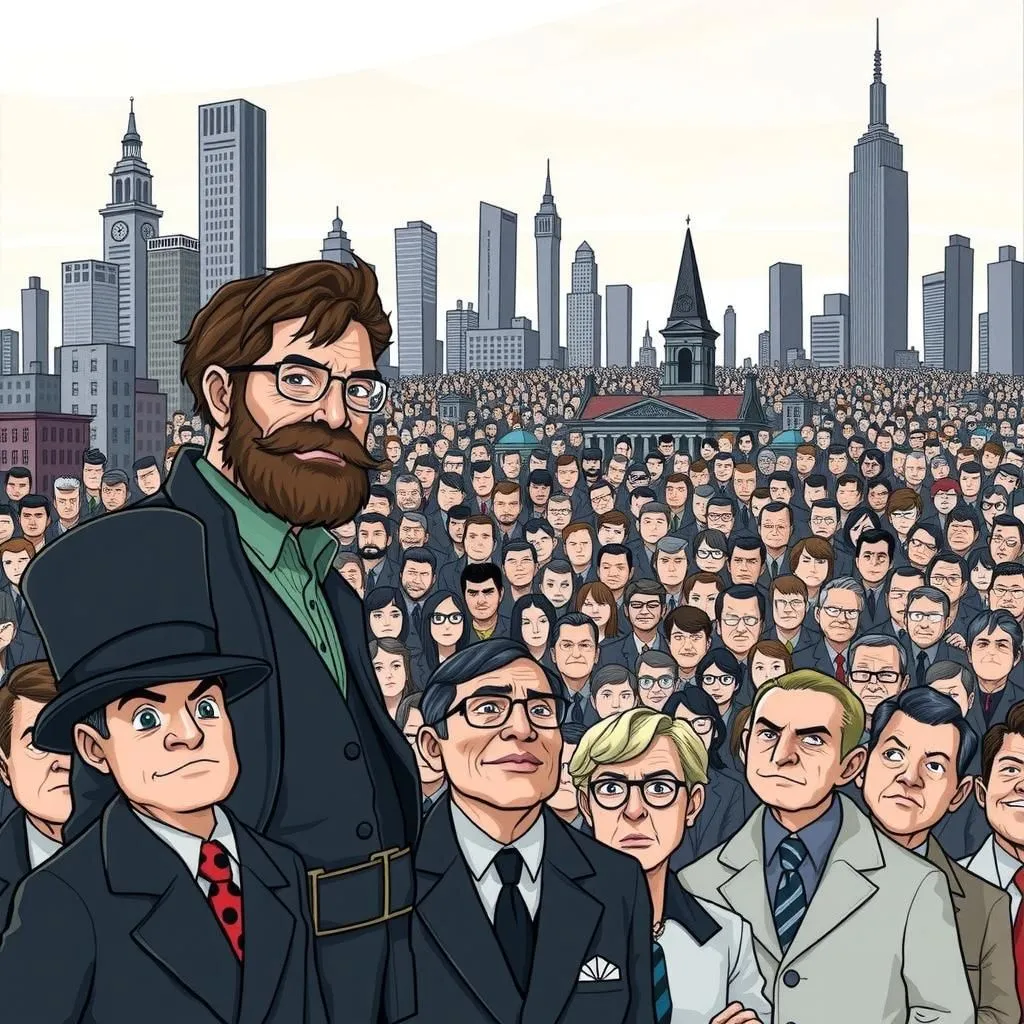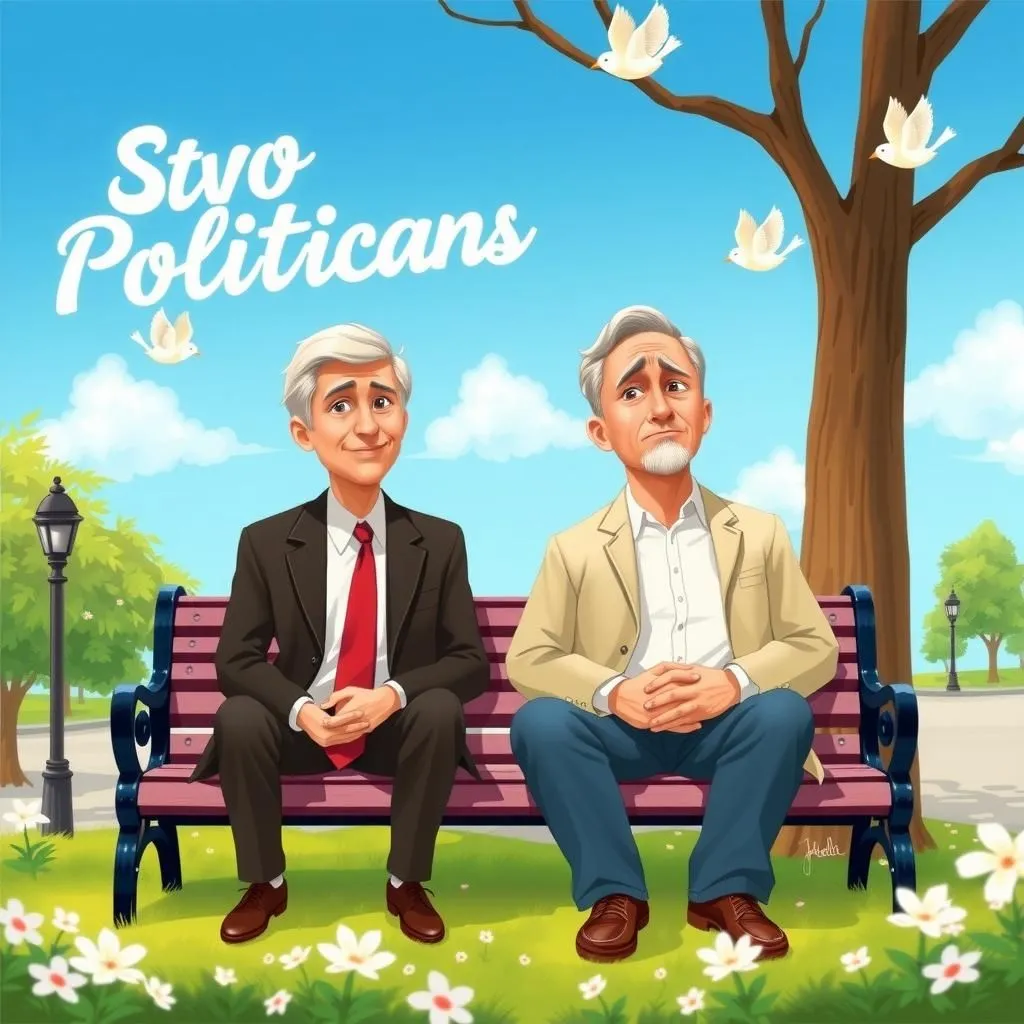
A Ship and a Man
In this short moral story, an Ambitious Person chases a ship symbolizing political power, only to find himself overshadowed by the pursuit of the Presidency. Frustrated by his indifference and feeling marooned amidst the political spectacle, he ultimately resigns to his isolation, reflecting the themes found in famous moral stories and folklore. This tale serves as an inspirational story with a moral about the dangers of ambition and the quest for recognition in a world focused on higher pursuits.


